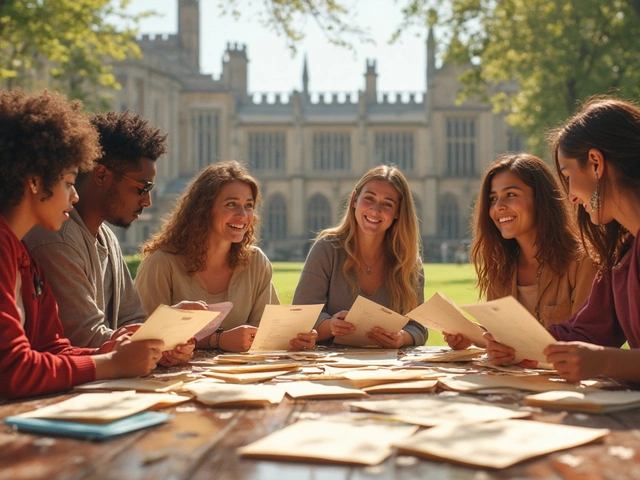Learning Theories: Practical Guides for Teachers, Students, and Trainers
If you’re looking for clear advice on how people learn, you’re in the right spot. This page pulls together the most useful articles about learning theories, so you can see what works in real classrooms, online courses, and everyday life.
Why learning theories matter
Learning theories aren’t just academic jargon – they explain why a certain teaching trick helps someone remember a fact or stay motivated. Knowing the basics lets you pick the right approach for each learner, whether they’re a teenager in a school or an adult picking up a new skill.
For example, the post "Best Adult Learning Theory" breaks down andragogy, self‑directed learning, and why adults need relevance. It shows you how to design lessons that feel useful, not boring. That same idea pops up in the "How Adults Learn" article, which talks about life experience and goal‑oriented study.
Top theories you’ll see on this site
We cover a mix of classic and modern ideas. Behaviorism focuses on rewards and practice – great for building habits like safety drills. Cognitivism looks at how the brain stores info, so you’ll find tips on chunking material and using visual aids.
Constructivism says learners build knowledge from experience. The "Practical Strategies for Supporting Children with Special Needs" piece uses this idea to suggest hands‑on activities that let kids explore concepts at their own pace.
Another favorite is Social Learning Theory, which highlights learning by watching others. The "Autism Mannerisms" article uses it to explain how modeling calm behavior can help autistic children feel safer.
Beyond the big names, we also dive into Learning Styles – visual, auditory, kinesthetic – and how to mix them without overcomplicating things. The "Fastest Teacher Training Program" post gives a quick checklist for balancing different styles in a short course.
All these theories are linked to real‑world tips. Want to remember a list for an exam? Check the "Best Trick to Memorize Fast" article for a simple memory hack rooted in cognitive research. Need to boost motivation for adult learners? The "How Adults Learn" guide offers a three‑step plan that ties goals, relevance, and feedback together.
What’s the bottom line? A good learning theory gives you a shortcut to better results. Instead of guessing what will work, you can apply a proven principle and see faster improvement.
Take a look at the posts below, pick the ones that match your situation, and start experimenting. You don’t need to master every theory – just enough to choose the right tool for each challenge.
Ready to try something new? Grab a quick tip from any article, apply it in your next lesson or study session, and notice the difference. Learning how to learn is the most useful skill you can add to your toolbox.






